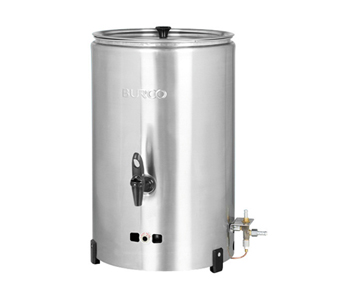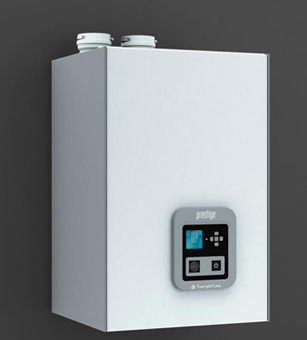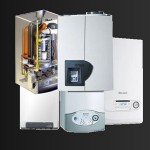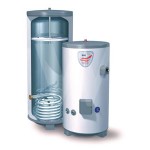Propane Gas Boilers. Are They Better Than Natural Gas Units?
What’s the most common fuel used for heating? Natural gas, of course. However, over the last few years, propane gas boilers have also become very popular. This is a sort of gas made from liquefied petroleum gas, which can be burned in boilers and furnaces.

Why is propane so widely used? The reason is quite clear: it can be easily transported, especially in those areas, where people do not reach natural gas lines. Propane is stored in metal tanks kept behind the house. Perhaps, the only possible drawback is the fact this gas costs a bit more than natural, as the cost of transportation is added as well.
Contents
Why Choose Propane Gas Boilers?
Today these appliances are commonly referred to as energy-efficient constructions that are able to replace oil boilers. A unit works like the one on natural gas. The primer difference is a bit higher heating bill.
The value of your new propane gas boilers can be maximized, if you ensure some important expects like:
- proper insulation
- good ventilation
- the unit is built to face solar south
While using such boiler, you should always watch the supply of propane gas in order to get more as soon as it gets low.
Less Waste, More Free Space
If we speak about efficiency of these units, it should be mentioned that propane boilers are rather efficient units. The majority of on-floor units don’t take up much space, whereas wall-hung appliances can even be fitted in closets. Besides, propane storage tanks can be easily installed outside your house.

It ensures you get more free space and prevent the occurrence of damaging leaks as in case with oil tanks.
Cost of Propane Gas Boilers
Did you know than propane gas is able to provide a lot more energy per one unit of volume than natural gas? Natural gas is usually measured in cubic meters or cubic feet, and propane is found in liters or gallons.
Heat is usually measured in BTUs, and this is the amount needed in order to increase the temperature of 1 pound of water by 0.56°C. After the comparison of the amount of energy produced by each type of gas, they are measured in gaseous forms.
Propane costs more. You need to watch the supply of this gas. In colder areas people have to visit propane trucks 2-3 times every winter. This is why people from rural areas want to augment propane with cheaper sources of heat, like solar and wood. However, such heat sources aren’t very reliable.
Potential Risks
While you are using any heating appliance, there are also a few risk factors you should know about, especially when we talk about propane gas boilers.
Propane is heavier than air and is much heavier than natural gas. In case they are released into an open environment, natural and propane gas dissipate into the air. So, they are posing risks for explosion, if concentrated and ignited. As propane gas is heavier, it falls to the ground, collects and poses a huge explosive risk, even greater than natural gas. The latter one rises and dissipates into the air.
In any case, the use of propane gas boilers is reasonable, as they ensure proper heating. And, if all preventive measures are taken, there are no explosion risks to get worried about.
- popular
- new






